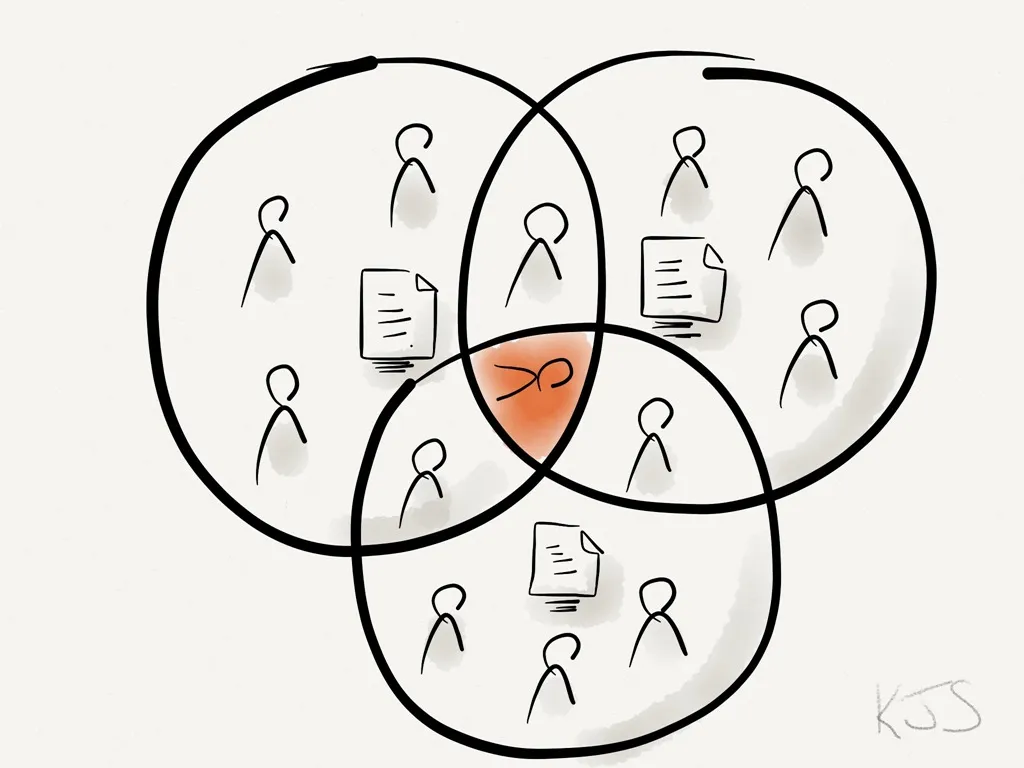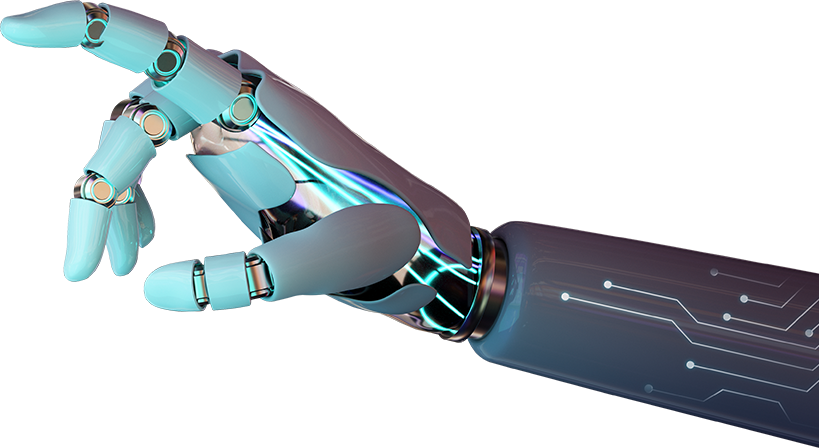Artificial intelligence (AI) has been the subject of much debate in recent years, with concerns about its potential to cause harm or disrupt industries. However, it’s important to recognize that AI, in and of itself, is not inherently dangerous. Rather, it’s human biases and misinterpretations that can lead to problematic outcomes. In this article, we will explore the true nature of AI, the importance of addressing human biases, and the steps we can take to ensure the ethical development and deployment of AI technologies.
By the way, if you’re keen to dive deeper into securing consistent leads and top-quality appointments with prospects eager to converse with you, click here to watch a FREE, comprehensive training video detailing every step of the process.
Understanding the Potential of AI: Beyond the Hype and Fear
AI as a Transformative Technology
AI has the potential to revolutionize industries, streamline processes, and improve the quality of life for many people around the world. From healthcare and education to transportation and manufacturing, AI technologies are already making a significant impact. By automating tasks, optimizing systems, and analyzing vast amounts of data, AI has the potential to drive innovation and economic growth while freeing up human resources for more creative and strategic pursuits.
Dispelling the Myths Surrounding AI
Despite the many benefits of AI, there are persistent misconceptions that contribute to unwarranted fears. One such myth is that AI will lead to massive unemployment or that machines will eventually replace humans in most jobs. However, studies have shown that AI is more likely to augment human work, rather than replace it outright. By automating repetitive and mundane tasks, AI can allow humans to focus on higher-level, more valuable activities.
Another common myth is that AI systems are inherently biased or discriminatory. While it’s true that biased data can lead to biased outcomes, this is not a flaw in the AI itself, but rather a reflection of the data it was trained on. By addressing the underlying biases in data and ensuring that AI systems are developed and deployed ethically, we can mitigate these concerns.
Addressing Human Bias: The Key to Ethical AI
Recognizing and Mitigating Biases in Data
To build AI systems that are unbiased and fair, it’s crucial to address the human biases that can be embedded in the data used to train these systems. This requires a proactive approach to identifying and mitigating potential biases, ensuring that data is diverse, representative, and accurately reflects the populations and contexts in which the AI will be deployed.
Promoting Transparency and Accountability in AI Development
Transparency and accountability are essential components of ethical AI development. By clearly documenting the decision-making processes behind AI systems, developers can ensure that any potential biases or ethical concerns are addressed and rectified. Open and transparent communication between AI developers, stakeholders, and users can foster trust and facilitate collaboration in the pursuit of ethical AI.
Encouraging Ethical AI Through Regulation and Standards
Governments and industry organizations play a critical role in promoting the ethical development and deployment of AI technologies. By establishing clear guidelines and regulations, they can help ensure that AI systems are designed, implemented, and maintained in a manner that respects human rights, privacy, and fairness. Industry-wide standards can also encourage collaboration and shared best practices, fostering a culture of ethical AI development.
Embracing AI's Potential Responsibly: A Path Forward
To ensure that AI technologies live up to their transformative potential while minimizing risks, it’s crucial to acknowledge the role of human bias and misinterpretation in AI development and deployment. By adopting a proactive approach to addressing these issues, we can pave the way for the responsible and ethical use of AI across various industries and applications. The following steps can serve as a roadmap for this process:
Foster Education and Awareness
Raising awareness about the potential pitfalls of AI and the importance of addressing human biases is a crucial first step. This can be achieved through educational initiatives, public discussions, and conferences that bring together AI developers, policymakers, and the general public. A collective understanding of the implications of AI will help ensure that ethical considerations remain at the forefront of AI development and deployment.


Develop Multidisciplinary Teams
AI development should involve multidisciplinary teams that include experts from various fields, such as computer science, sociology, ethics, and law. By incorporating diverse perspectives, these teams can better identify potential biases and develop solutions that are both technologically sound and ethically responsible.
Implement Bias Audits and Impact Assessments
Organizations should conduct regular bias audits and impact assessments of their AI systems to identify potential issues and address them in a timely manner. By closely monitoring the performance of AI systems and evaluating their impact on various stakeholders, organizations can ensure that their AI solutions are aligned with ethical principles and societal values.

Engage in Collaborative Research and Development
Collaboration between AI developers, researchers, and policymakers can lead to the development of innovative solutions for addressing biases and ethical concerns. By working together and sharing knowledge, these stakeholders can identify best practices and contribute to the advancement of ethical AI technologies.
Commit to Ongoing Improvement and Adaptation
As AI technologies continue to evolve, so too must our efforts to address biases and ethical concerns. Organizations and policymakers should commit to continuous improvement, adapting their strategies and regulations as new insights and challenges emerge. In essence, AI can be likened to a spotlight shining on human society; it is our duty to make certain that the illuminated aspects represent the finest qualities and ethical principles we wish to embrace in a manner that respects and upholds human values and rights.
Thank you for reading!






